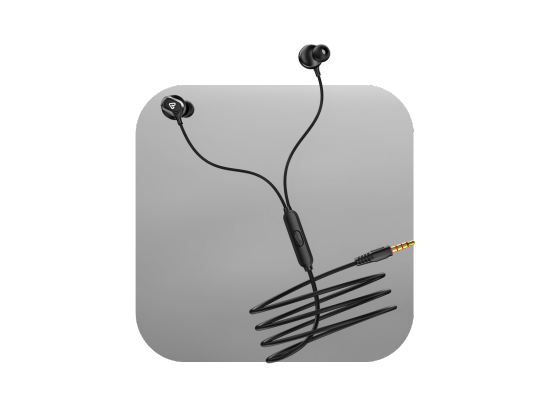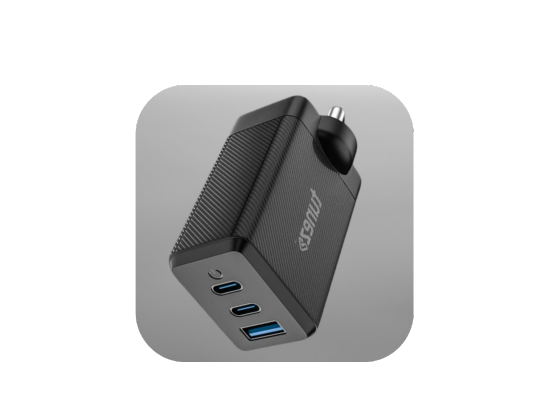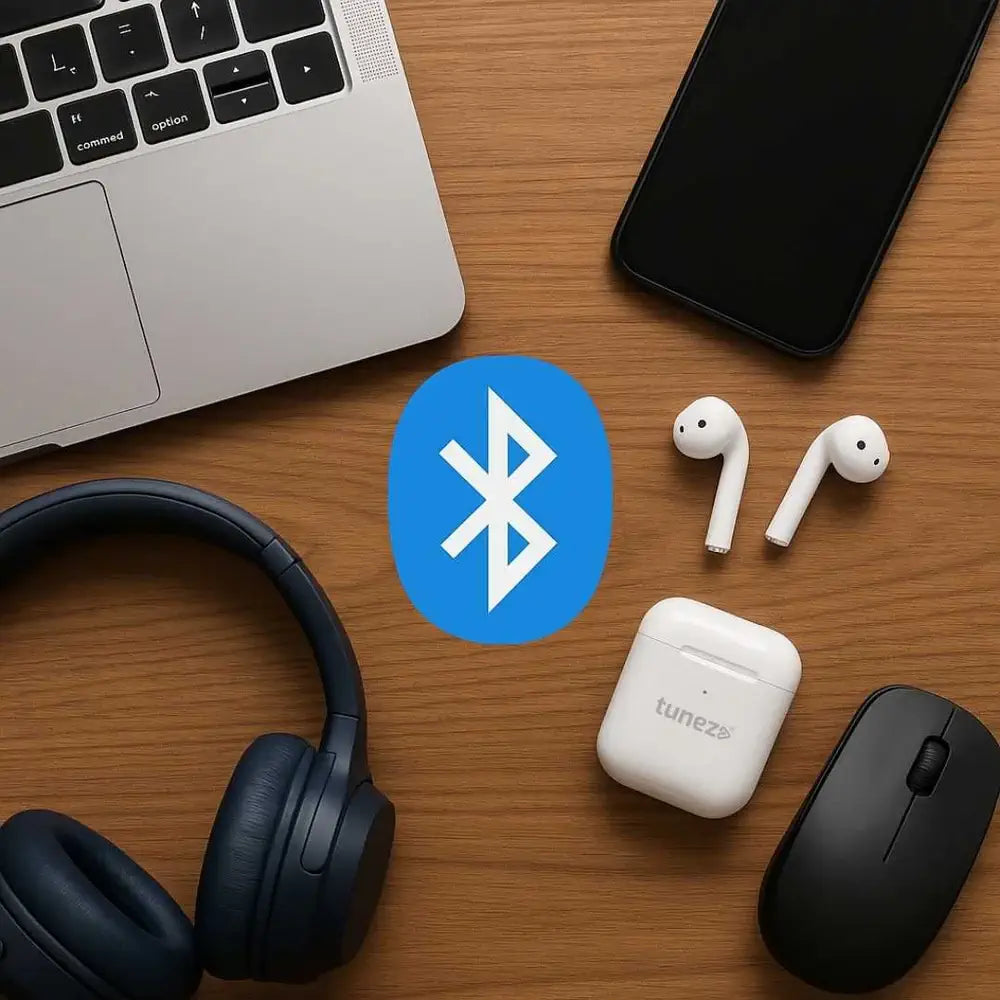When your car refuses to start because of a dead battery, the frustration is real. But what if you could bring that battery back to life using something as simple as a laptop charger? While not a method you should rely on often, it can be a lifesaver in an emergency.
Understanding The Basics
Before diving into the process, it’s important to understand how a car battery works and why this method must be handled carefully.
A typical car battery operates on 12 volts DC, whereas most laptop chargers output around 19 volts. This mismatch can be risky if not controlled properly. Without regulation, the higher voltage can lead to overheating, overcharging, or even damage to the battery.
That’s why this DIY solution is best reserved for emergencies — not as a replacement for a proper car battery charger.
Buy car chargers offering quick charging ports smart design and durable build making them the perfect companion for all your road trips and commutes.
When You Might Need This Hack
This trick can come in handy when:
- You are stuck at home or in a remote location.
- All service centers are closed.
- You don’t own a dedicated charger.
- You need to revive your car just once to get moving again.
It’s a classic example of “necessity is the mother of invention.” With care and patience, it can work — as many car owners discovered during lockdowns or travel restrictions.
What You Will Need?
Here’s a simple checklist before you start:
- Laptop charger (output between 18–20V, 3–4A)
- A 21W automotive bulb (to act as a current limiter)
- Jumper cables or strong insulated wires
- Insulation tape or clips
- A multimeter for monitoring voltage
- Protective gloves and goggles
Buy mobile chargers that deliver fast charging superior quality and compact designs making them perfect companions for all your charging needs.
Step-By-Step: How To Charge A Car Battery With A Laptop Charger
Let’s go through the process carefully. This is slow, manual, and requires supervision — but it can work in a pinch.
Step 1: Safety First
Choose a well-ventilated area because batteries release gases during charging. Wear gloves and keep all metal tools away from the terminals.
Step 2: Check The Battery
Use a multimeter to check the current voltage of your battery.
- If it reads below 12.0V, it’s weak.
- Below 11.5V, it’s nearly dead but might still recover.
Step 3: Prepare The Charger
Cut or expose the DC plug wires to identify the positive and negative leads.
- The inner pin is usually positive (+).
- The outer shell is negative (−).
Step 4: Add A Current Limiter
Connect a 21W bulb in series with the positive wire. This step is critical — it limits current flow, preventing sudden surges that could damage the charger or battery.
Step 5: Make The Connections
Now connect everything in this order:
1. Laptop charger’s positive wire → bulb → battery positive terminal
2. Laptop charger’s negative wire → battery negative terminal
Make sure the wires are firmly connected and insulated.
Step 6: Begin Charging
Plug in the charger and switch it on.
If everything’s correct, the bulb should glow dimly, indicating current flow. Use the multimeter to monitor voltage every 30–45 minutes.
- In the first few hours, voltage may rise to 12.5V–13.0V.
- Continue until it reaches around 14.2V–14.5V — the safe limit for a 12V battery.
Step 7: Monitor Closely
Never leave the setup unattended. Check for heat, smell, or excessive bubbling — signs of overcharging. If you see any of these, stop immediately.
Step 8: Finish And Disconnect
Once the battery reaches the target voltage, unplug the charger and disconnect the cables in reverse order. Allow the battery to rest for 30 minutes before reinstalling it in your car.
Buy data cables offering quick sync strong build and safe charging so your devices remain powered and connected without interruptions anytime.
What To Expect?
This method is slow but effective. A deeply discharged battery may take 12–15 hours to recover enough power for a start. The bulb will dim as the battery nears full charge — a good visual cue that it’s almost ready.
Many users have successfully revived weak batteries this way, especially during lockdowns or holidays when no charging centers were open.
Why It’s Risky
Despite the success stories, this technique comes with real risks:
- Voltage mismatch: Laptop chargers output 19V while car batteries need 14.4V max.
- No regulation: Unlike a dedicated charger, laptop adapters don’t automatically reduce current.
- Overheating and gassing: Unchecked charging can cause the battery to heat up or leak hydrogen gas.
- Potential charger damage: Overload or reversed polarity can burn out your laptop charger.
Use it only in emergencies and never as a routine charging method.
Buy power banks offering high capacity sleek design and reliable safety features making them perfect for keeping devices charged everywhere.
Safer Alternatives
If you frequently face battery issues, invest in:
- A smart car battery charger with an automatic cut-off.
- A portable jump starter (great for travel).
- Regular battery maintenance — cleaning terminals and checking voltage monthly.
These tools keep you prepared without risking damage to your car or electronics.
Conclusion
Learning how to charge a car battery with a laptop charger can be a handy survival trick — but it’s not a long-term solution. Use it cautiously, follow all safety steps, and monitor closely throughout the process.
When done right, this clever workaround can breathe temporary life into your battery and get you back on the road. But once things are back to normal, always switch to a proper car battery charger for reliability and peace of mind.
Buy smart watches offering health monitoring customizable designs and smart notifications making them the perfect partner for your daily lifestyle.
FAQs About How To Charge A Car Battery With A Laptop Charger
1. Can I safely charge a car battery with a laptop charger?
Yes, but only in emergencies and under supervision. It’s not recommended for regular use.
2. How long does it take to charge a car battery this way?
Usually 10–15 hours depending on the battery’s condition and charger output.
3. What voltage should I stop at while charging?
Stop when the battery voltage reaches around 14.2–14.5V to prevent overcharging.
4. Can this damage the laptop charger?
Yes, if there’s a short circuit or excessive load. Always use a bulb as a current limiter.
5. What’s a safer alternative to a laptop charger?
Use a smart automatic battery charger or portable jump starter for safe and fast results.















